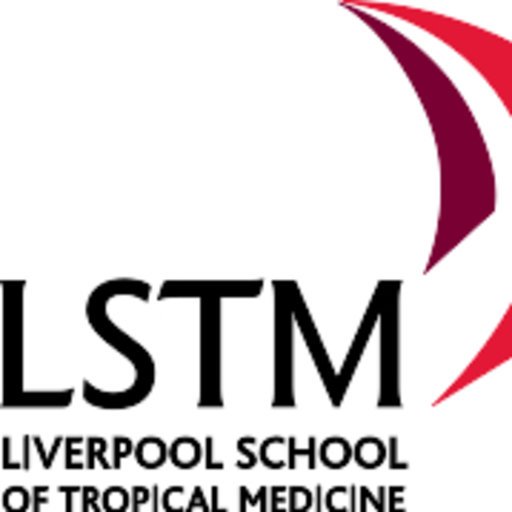
For two years after being ill with COVID-19, people remain at an increased risk of developing dementia and psychosis. These are the results of a study by scientists from the Liverpool School of Tropical Medicine.
Studies show that coronavirus survivors remain at a higher risk of developing confusion, seizures and dementia. And given that, according to some estimates, a third of all mankind has already been ill with the coronavirus, this information is relevant for almost everyone. The experts studied more than 1.25 million patients after coronavirus and found that within two years after diagnosis, problems such as psychosis, seizures, confusion and senile dementia were noted in this group significantly more than other respiratory infections like influenza.
Coronavirus pneumonia increases the risk of dementia
Problems have also been observed in children, including an increased risk of seizures and psychosis. In adults, the likelihood of developing depression and anxiety conditions increased markedly, however, it gradually decreased over the course of two months. The Delta and Omicron strains are associated with more health problems than the Alpha strain.
HRT protects women from senile dementia
A study has shown that brain disorders associated with coronavirus remain a threat to humanity even after the end of the pandemic. And now it is necessary to direct the efforts of scientists to find out what can be done to prevent or combat these conditions. But there is also an opinion that the increased risk of senile dementia and psychosis is associated not so much with the coronavirus itself, but with the social upheavals that are provoked by the pandemic. (READ MORE) 
Liverpool School of Tropical Medicine
Medicine
high school , one of the few tropical medicine schools in the UK
